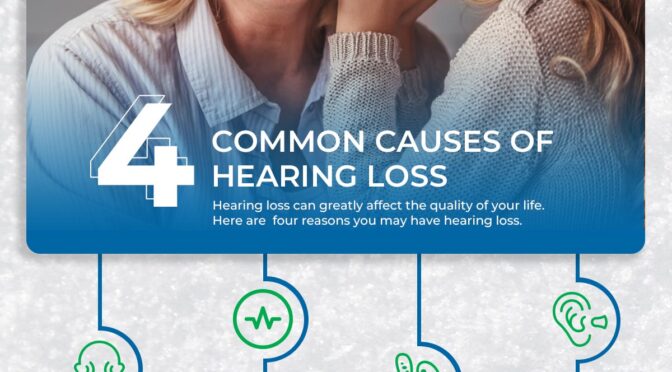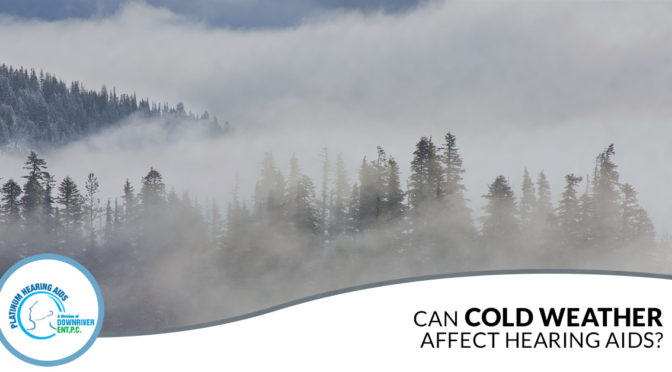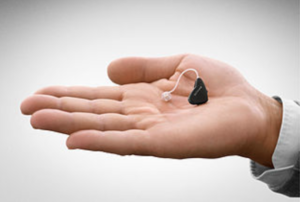Hearing damage occurs more frequently than you might think. When we hear sounds that are excessively loud, they can damage the nerve endings in the inner ear. Over time, that damage can be exacerbated and as more and more nerve endings die off, your ability to hear goes down. Hearing damage eventually leads to hearing loss. At Platinum Hearing Aids, we strive to improve your hearing and help you prevent hearing loss through reducing your exposure to the causes of hearing damage. In this blog we’ll discuss the most common causes of hearing damage and how you can prevent it.
- Aging – As we age, it’s common to experience hearing damage and hearing loss. This is due to the degeneration of delicate inner ear structures. This damage happens over time, which is why it’s common for older people to experience hearing loss.
- Excessive Noise Exposure – One of the most common causes of hearing damage is exposure to loud noise. Loud sounds can damage the cells of your inner ear. Serious damage can occur with long-term exposure, or from short blasts of noise like a gunshot.
- Genetic Makeup – Unfortunately you may be more susceptible to hearing damage simply based on your genetic makeup rather than external factors.
- Recreational and Occupational Noise – Jobs that have loud noises as a regular part of the work environment can lead to damage over time. For example, farming, construction, or factory work are all occupations that involve procedures that can potentially damage your hearing.
- Illness – Diseases that result in high fevers have the potential to damage the cochlea. For example meningitis is a leading illness that causes hearing damage.
Hearing damage is the first step before hearing loss. The kinds of hearing damage that leads to hearing loss include:
- Damage to the inner ear. Damage to the inner ear is the most common form of hearing damage that leads to hearing loss. Aging and exposure to loud noise in all capacities cause wear and tear on the nerve cells in a part of your ear called the cochlea. The cochlea send signals to the brain that allow you to hear. When these hairy nerve cells are damaged, electrical signals aren’t transmitted as well or not at all. This leads to hearing loss.
- A gradual buildup of earwax. As earwax builds, it can eventually block the ear canal and prevent sound waves from being heard. Sometimes, young children have excessive earwax that has to be removed through surgical intervention. However, it also happens with adults.
- Ear infection and abnormal bone growths or tumors. Some hearing damage is caused by ear infections and abnormal growths or tumors within the ear. Ear infections are caused by a bacteria or virus in the middle or outer ear. It’s usually a result of another illness, and can lead to ear pain, drainage of fluid from the ear, as well as hearing loss.
- Ruptured eardrums. Ruptured eardrums are another result of loud noise. Specifically, loud blasts of noises. However, ruptured eardrums can also be caused by sudden changes in air pressure, poking your eardrum with an object, and infection.
It’s important to protect your ears so that later on you don’t experience hearing damage or hearing loss. Take precautions to prevent yourself from noise and avoid damage to your ears from foreign objects. If you find yourself in the position of needing hearing aids, hearing protection, or hearing testing, schedule an appointment with Platinum Hearing Aids today.







